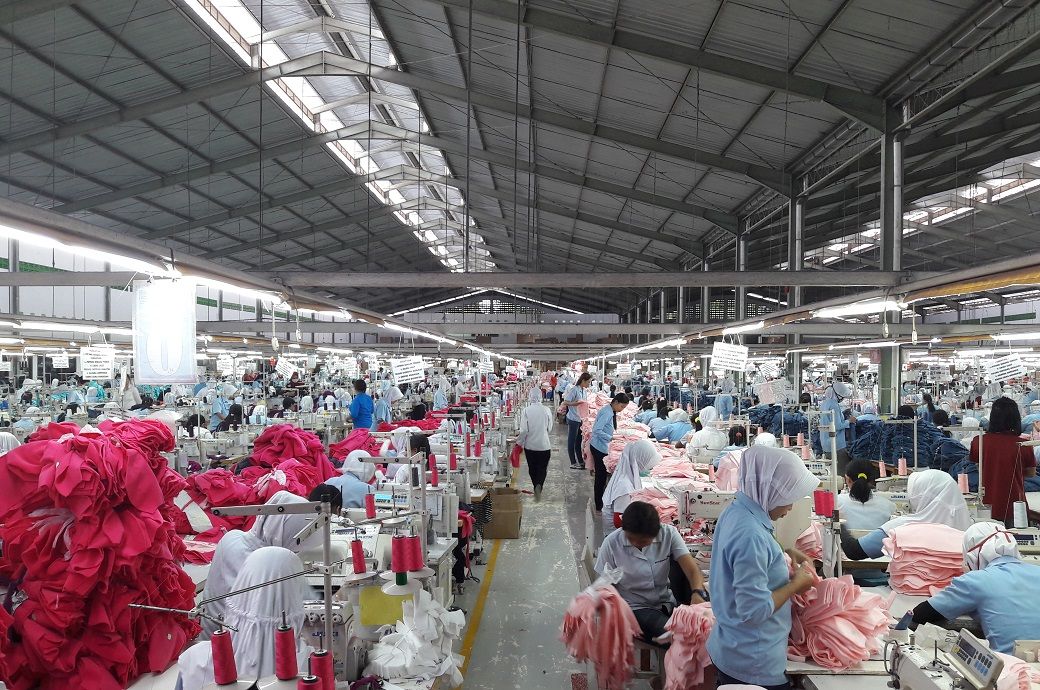
With its accession, Indonesia becomes the latest Southeast Asian nation to join the world’s biggest trade bloc. Initially signed in November 2020 by the leaders of 15 Asia-Pacific countries, including all 10 members of the Association of Southeast Asian Nations (ASEAN), the RCEP mega-pact covers nearly a third of the world’s population and a similar proportion of its gross domestic product. In addition to ASEAN, the agreement includes Australia, China, Japan, New Zealand, and South Korea – but not the United States.
Indonesian trade minister Zulkifli Hasan said in the Parliament that membership in RCEP would boost Indonesia’s trade and foreign direct investment. He also predicted that it would lift the country’s annual GDP growth by 0.07 percent. Indonesia’s main areas of production are textiles and garments, electronics, automotive, footwear, food and beverages, and chemicals. The country’s trade-to-GDP ratio is 40 per cent, lower than the global average of 55 to 60 per cent, highlighting that Indonesia is poorly integrated with global supply and value chains.
Separately, at a press meet, economic affairs minister Airlangga Hartarto said the trade deal would give Indonesian industries including fisheries, plantation, and car manufacturing better access to markets of RCEP member states like China, Japan, and South Korea.
Indonesia is an important exporter of textile products, which it ships to many countries like Australia, Japan, New Zealand, South Korea, and Singapore—which are all a part of the RCEP. With accession to the RCEP, Indonesia would get higher access in the markets of member countries. It means that Indonesian textile sector may expect higher exports.
However, synergy may not develop within textile exporting countries of the bloc because Indonesia adopts a policy to discourage export of raw material and intermediary products. Thailand, Vietnam, Myanmar, Philippines and Cambodia are the RCEP members who are competitors of the Indonesian textile sector.
The RCEP may help Indonesia in attracting investment in textile sector from other competing countries, as Indonesia wants value addition of raw materials. The Indonesian government is currently inviting global investors for local production. Alongside, the country is restricting exports of raw materials as a long-term policy.
Fibre2Fashion News Desk (KUL)